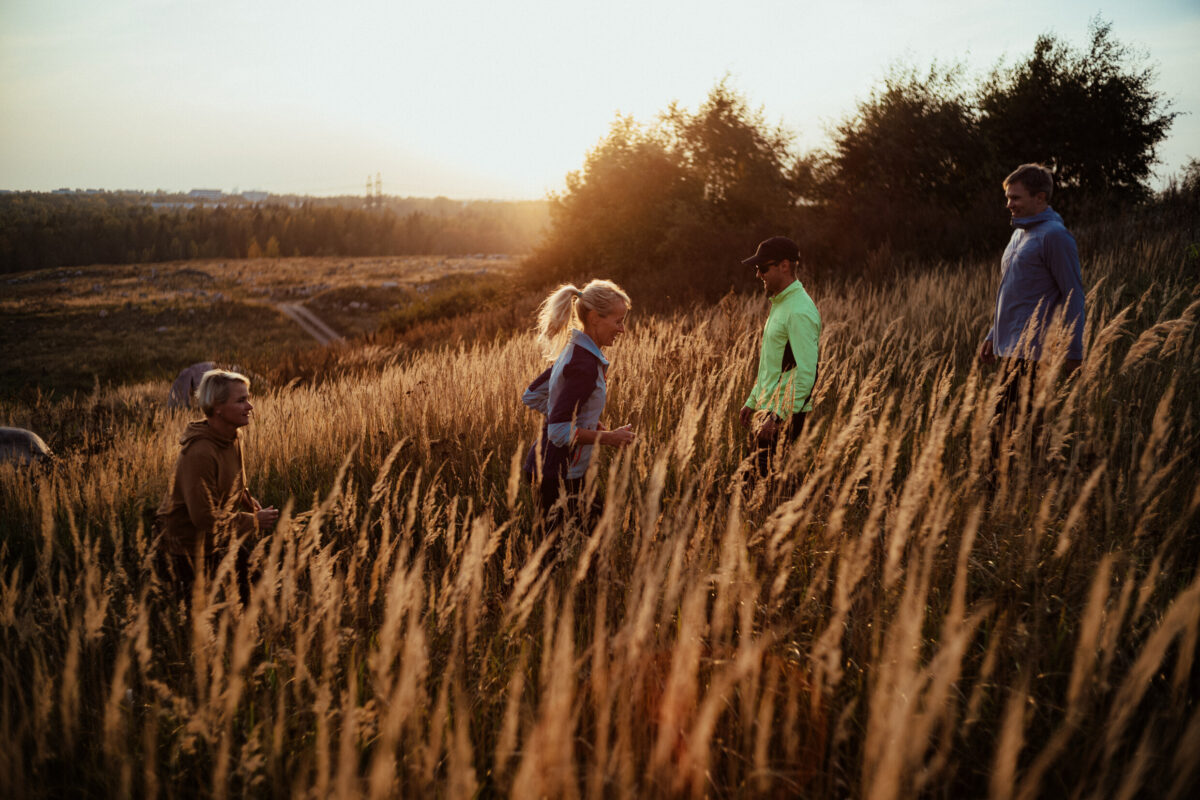How to Set Up a Digital Marketplace for Biobased Side Streams
Certain key aspects are needed to build up a digital marketplace for biobased side and waste streams in addition to money reserved for the development planning and for building up the website.
In the process of implementation of digital marketplace, we collected our knowledge and are glad to share it with anyone planning to replicate this practice. Read more about the marketplace:
The Most Important Requirements for Success
Market Research
Study and analyse the already existing platforms and other tools, their usability and target audiences.
Budgeting
Don’t forget to budget the IT development, graphic design, monthly fees, administration costs, marketing and communications.
Marketing
Awareness raising activities should reach all relevant stakeholders, from governmental and local officials to the direct users of the marketplace.
We Classified the Key Aspects into the Following Categories
Background Research
The first step before establishing any digital platform is the analysis of the already existing platforms and the background research on the current practices of utilization of biobased side and waste streams. The existing online tools to sell and buy the streams as well as their usability from the perspective of the target audience should be analysed.
Organisation
Your team should have a good understanding about the value chains in biobased side and waste streams, about the target audience as well as appropriate communication methods with different stakeholders (farmers, industry, public bodies). The digital marketplace should suit local circumstances and stakeholders’ expectations.
You can roughly divide the work on developing marketplace into the following stages:
- Background research (e.g. benchmarking similar platforms in country as well as abroad)
- Tendering for IT company
- Building up a digital marketplace (design, development, user tests)
- Stakeholder engagement
- Marketing and communications
Apart from tendering for IT company, all other stages might feed into each other. Time wise you might estimate a minimum of 2 to 6 months for each stage while also keeping in mind that marketing, communications and stakeholder engagement should be performed continuously throughout your project and beyond.
Governance
Decisions on data openness about biobased side and waste streams from public sources has a major impact on the potential to develop utilization possibilities which indirectly affects the market for biobased side and waste streams, thus the marketplace. Specific information is required about spatial distribution of side streams to plan profitable utilization possibilities.
Legislature
Understanding of legal aspects regulating the field, both handling and selling side and waste streams, but also regulations about online marketplaces, GDPR aspects, trade etc. is of utmost importance. In general, all legislation affecting fertiliser sales, including regulations on handling and hygiene requirements for manure products (in addition to fertiliser legislation in by-product legislation) should be studied. Care must be taken to ensure that the marketplace does not promote any sanction violations.
EU and National Regulations
Note that this is merely a guiding list of recommended legislative acts and regulations you might want to check before developing the marketplace, not a complete catalogue of legislative framework applicable in your country.
Fertilizing Products Regulation (2019/1009/EC)
Animal By-products Regulation (1069/2009/EC)
EU General Data Protection Regulation (EU 2016/679) (GDPR) (defines a requirement for a privacy statement for websites and regulates how personal data can be collected)
EU Digital Services Act (2022/2065) (DSA) (in force)
EU Data Governance Act (2022/868) (in force)
EU AI Act (expected to enter into force in May/June 2024)
EU Data Act (2023/2854) (in force)
EU Digital Operational Resilience Act (DORA) (2022/2554) (in force)
EU Digital Markets Act (DMA) (2022/1925) (in force)
EU: General Food Law
European Union Directive on unfair commercial practices (2019/633)
EU Regulation on the hygiene of foodstuffs (852/2004/EU) Annex II, Chapter 12, paragraph 1
Food Market Law (1121/2018)
Finnish Food Authority regulates different food hygiene, food storage and handling aspects with a number of different legislative acts
Food Act (297/2021) (in Finnish and Swedish)
Finnish Food Authority’s regulation on hygiene proficiency (7/2021) in Finnish (pdf) and Swedish (pdf)
Finance
Procurement of any IT development should be thought through in detail since the subsequent addition of functionalities will imply additional financial resources (e.g identification of users via mobileID/bankID or any other software).
When budgeting the procurement, special attention should also be given to the potential synchronisation possibilities with other platforms (digital marketplaces, map platforms for biomasses, logistics services or any other circular economy platforms).
Also, costs of the monthly administration of the platform should be considered. KiertoaSuomesta.fi platform was built with approximately 40 000€ investment (only for the IT development) and the monthly fees are estimated to be around 450€. Additional costs include personnel costs for the design of the platform, permanent marketing of the platform as well as communication with stakeholders.
Stakeholders
Successful implementation of the digital marketplace implies close cooperation with various stakeholders. These can be divided into several categories: primary stakeholders (users of the marketplace, e.g. farmers) and secondary stakeholders (government and local officials; industry representatives; logistic companies).
Marketing is one of the keywords while implementing the digital marketplace for circulating materials. Awareness raising activities should be extensive in all categories of stakeholders: from governmental and local officials to the direct users of the marketplace.
We also advise you to check the local and/or national strategies concerning sustainable development or circular economy in your country. In case that they have supporting measures towards the development of the circular economy, raising awareness of the digital marketplace can also be supported by public actors.
Contact us for more information:
The Central Union of Agricultural Producers and Forest Owners (MTK), Finland
Riina Kärki riina.karki@mtk.fi
Photo: Jussi Hellsten

